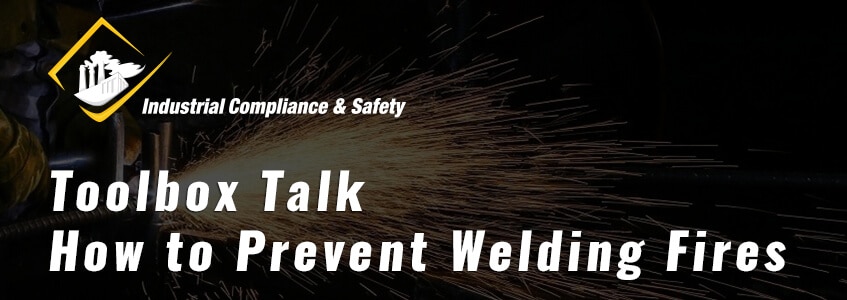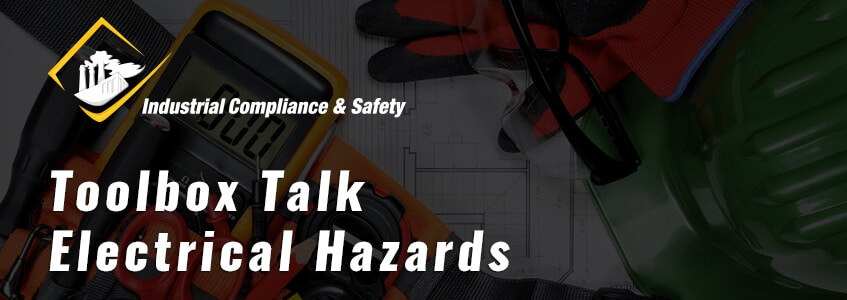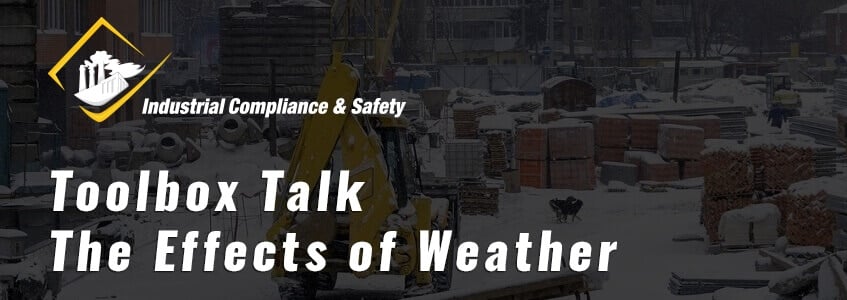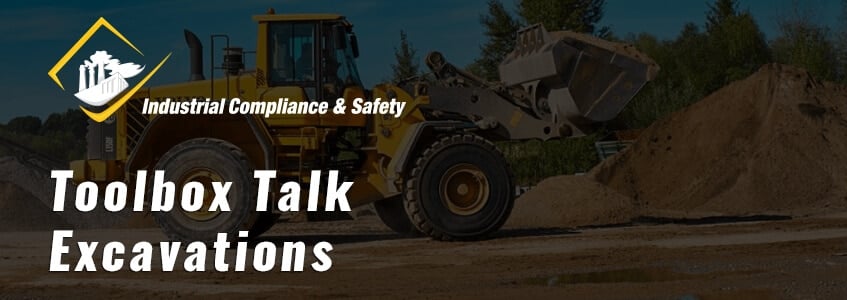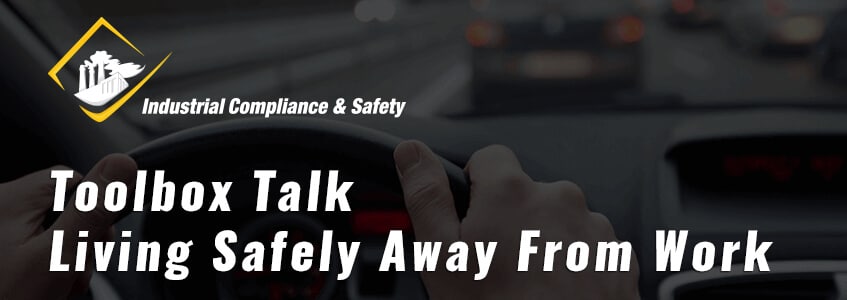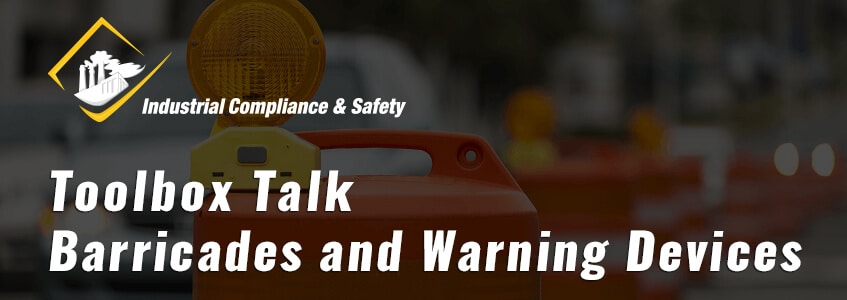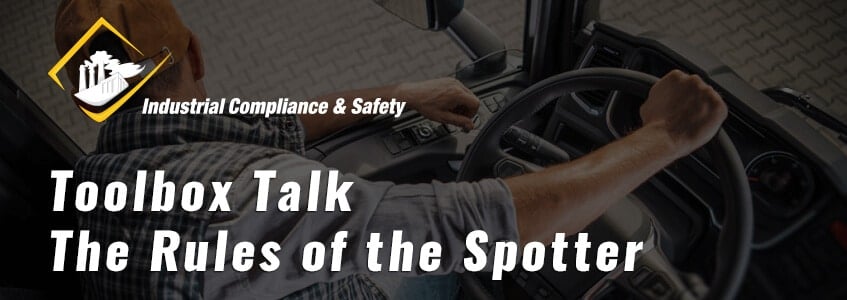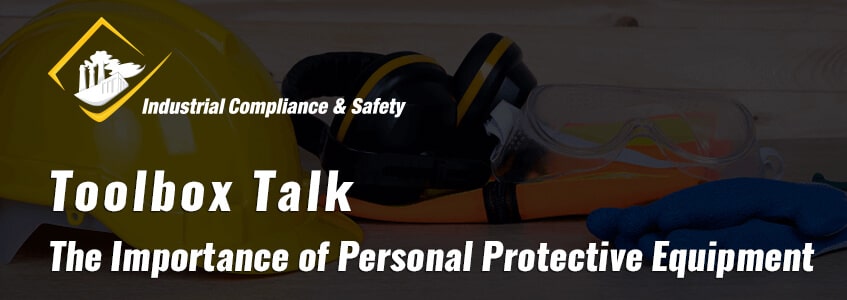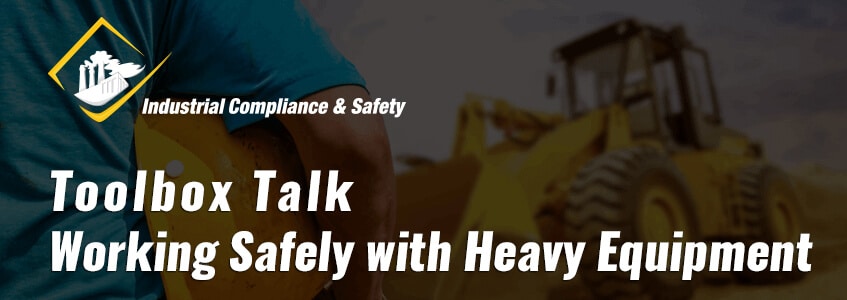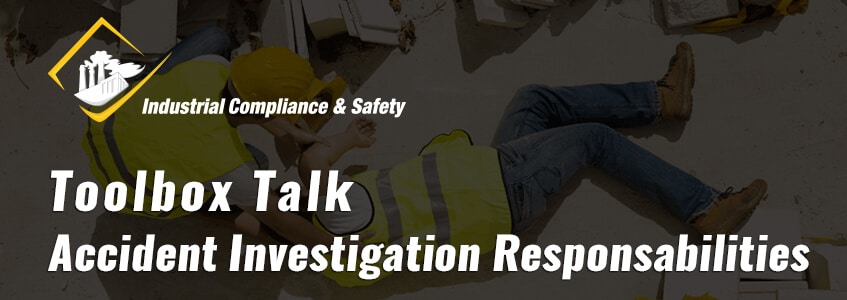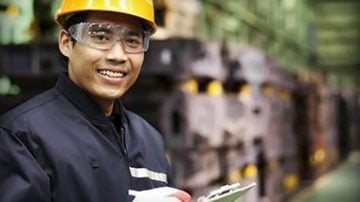Date: ____________________________________
Supervisor: _______________________________
Company Name: _____________________________
Job Name: ______________________________
Download This Toolbox Talk As A Printable Document
Looking for a PDF downloadable version for you to print off for your employees? We've got printable versions here for all of our Toolbox talks if you sign up for our newsletter!
Welding is a dangerous job. No matter how experienced a welder is, he still is working with extreme temperatures, hazardous fumes, and flammable materials. According to a study conducted by the Bureau of Labor Statistics in 2015, more than 500,000 workers are injured every year due to welding accidents. This is not a small number. Although welding can cause a large array of accidents and injuries, there is nothing more catastrophic than fire. In this week’s Toolbox Talk, we’ll take a look at welding fires and some effective strategies for their prevention.

